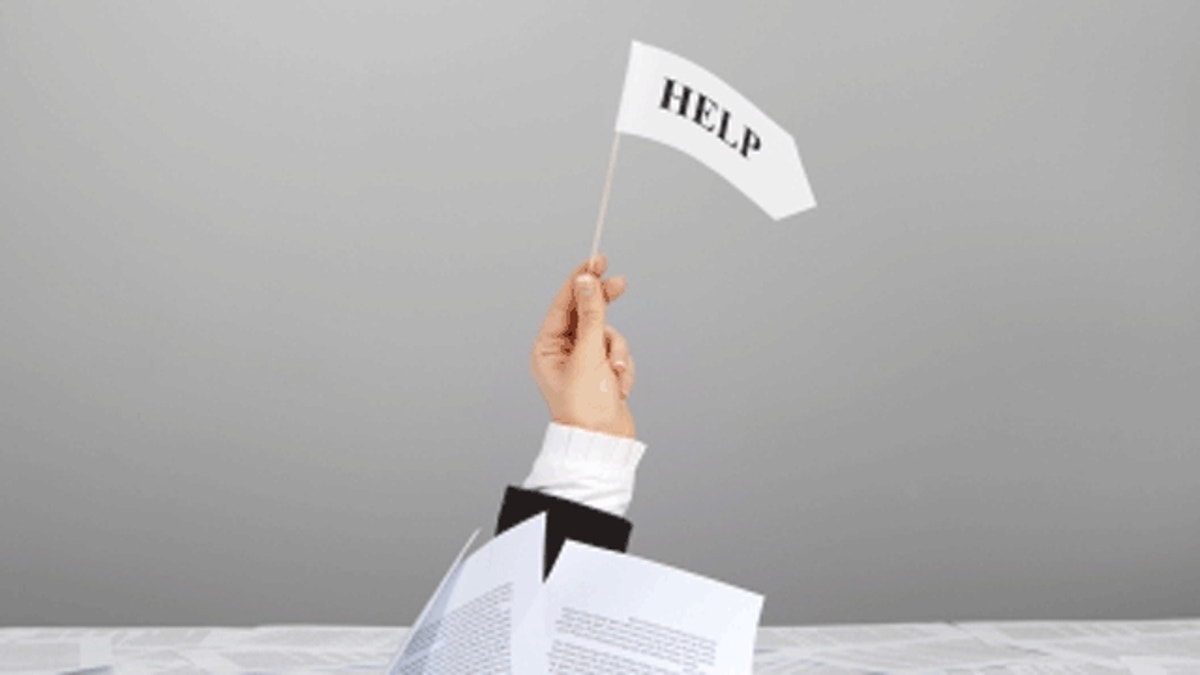
Michael Nuccitelli and Helen Driscoll are successful, confident adults – they own their own businesses and you wouldn’t know by looking at them that they are a part of a growing trend of adults who are being diagnosed with attention deficit disorder.
According to the Centers for Disease Control and Prevention, 5.4 million children have attention deficit hyperactivity disorder (ADHD), and while the vast majority of kids will grow out of it, about 4 percent of the U.S. population will continue to suffer with this condition.
However, ADHD is a fairly new disorder, which means adults who are in their 40s and beyond were left to suffer silently as children.
“The interesting thing is that (this condition) didn’t exist 20 years ago,” said Dr. Dale Archer, a psychiatrist who is based in New York and Louisiana. “So there is a lot of controversy surrounding this. And a recent study said that this was vastly overdiagnosed, and the younger the child, the greater the likelihood of diagnosis.”
Nuccitelli, a forensic psychologist who lives in New York’s Hudson Valley, said he never felt hyper as a child, but always had difficulty concentrating on the task at hand or paying attention; often people would ask him why he seemed to be “in another world.”
“Being ADHD and not being diagnosed or receiving treatment made school much harder than it had to be,” said Nuccitelli, 46. “I hated to study, to read, to write, or anything else academic that required focus, sustained attention, and the ability to complete mundane tasks.”
Adults who suffer from ADD (doctors say they lose the hyperactivity part of the condition after childhood) can have all or some of these symptoms:
*Anxiety
*Forgetfulness
*Low self-esteem
*Impulsiveness
*Poor organization skills
*Procrastination
*Low frustration tolerance
*Chronic boredom
*Difficulty concentrating while reading
*Mood swings
*Relationship problems
Nuccitellli said he was diagnosed in November 2010, after talking to his family doctor and visiting a psychiatrist. For Nuccitelli, medication (Vyvanase) was one of the answers to his problems.
Other coping mechanisms include list-making and cognitive behavior techniques.
He said without medicine, he has difficulty paying attention to details and keeping on task, he makes careless mistakes, he is unable to listen when someone is speaking to him, he has difficulty following directions and avoids tasks that involve effort.
For Driscoll, a wedding planner who works in Pasadena, Calif., diet and exercise – along with a mix of alternative medicine (including self-hypnosis) – is how she treats her ADD.
“What I didn’t like about meds is that I stopped exercising as much,” said Driscoll, who is in her 50s and enjoys kickboxing, Kung Fu and Tai Chi. “Meds ramp up your adrenal response and adults really have to take adrenal fatigue seriously.”
Archer, who has been practicing psychiatry for 25 years, said he tends to agree more with Driscoll’s logic. He feels the American society is overmedicated, and he prefers not to treat ADD with a pill.
“A recent study says that one in four people have a mental illness. We have started shrinking the ‘normal’ box,” Archer said. “Anything outside of that, we treat with a pill. There’s a spike in diagnoses with kids, and then the adults say, ‘You know what, I have those symptoms as well…a little inattention, a little anxiety.’ In reality, those are the very traits of who we are.”
On the other hand, Archer said ADD in adults can be a very real thing, if diagnosed correctly.
“Clearly there are individuals who have it,” he said. “And this absolutely impacts their jobs and their families, they have more problems at work, often because they are trying to do things they are not cut out to do. So I say, let’s look at the things you are good at, they are good in crisis situations, and they rise to the top, they get activated. They get bored with routine.”
Driscoll, who was diagnosed in her 30s, said if she starts too many projects at once and feels confused, she knows it’s time to “get a grip.”
When she is doing paperwork, she listens to binaural brain entertainment sounds in gamma frequency, so she is not distracted by her own mind, which she described as “noisy.” But, Driscoll did admit that a “noisy” mind can sometimes be a good thing.
“ADD is not just about being distracted easily, it's also a way of perceiving the world,” she said. “So we tend to be creative, big thinkers. And don't sweat the small stuff, even when we should. “
Doctors are unsure what causes ADHD, but studies have suggested that genetics could play a role. Scientists are also researching the effects of environmental factors and nutrition and how they might contribute to ADHD.
